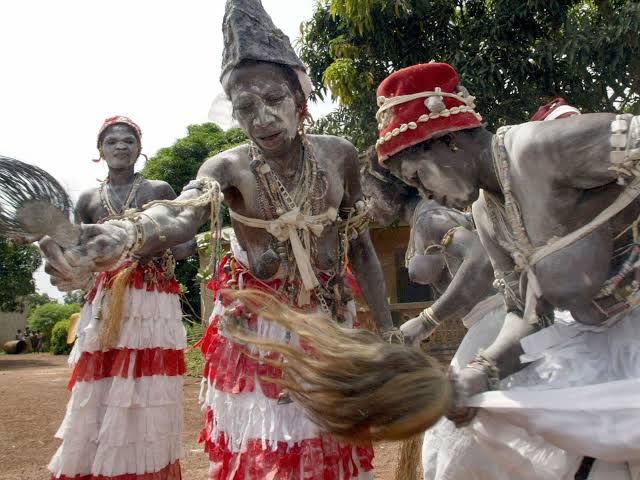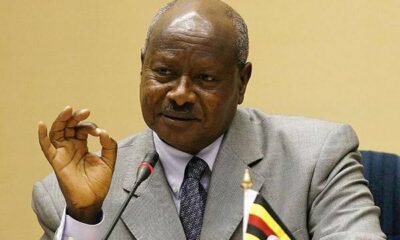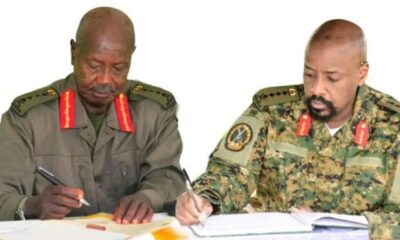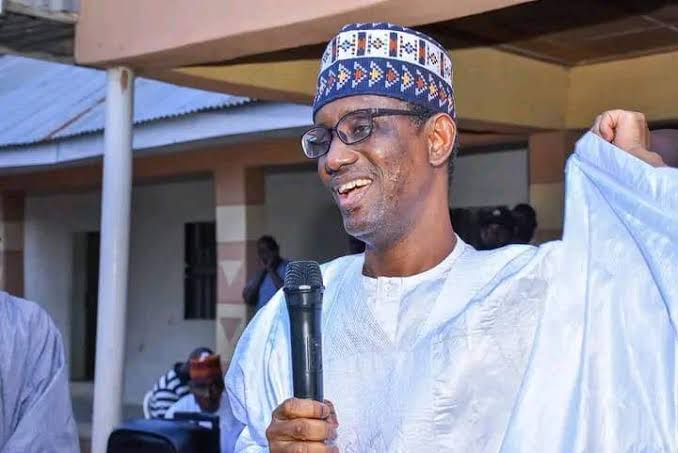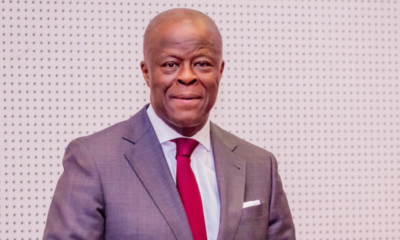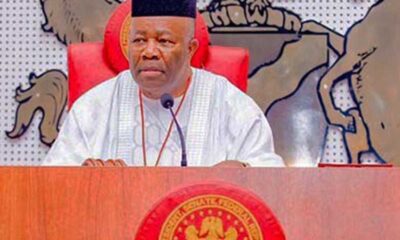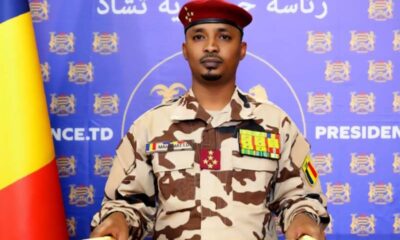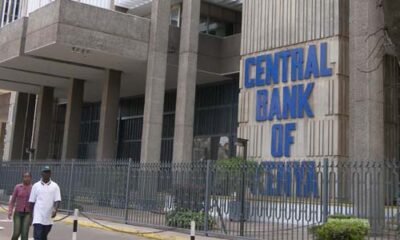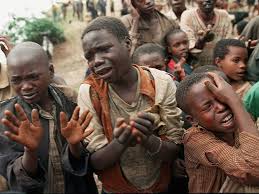The Nigerian government claims that no fewer than 1,000 victims of abductions in the country have so far been rescued by the President Bola Tinubu administration without the payment of any ransom.
National Security Adviser (NSA), Nuhu Ribadu, who disclosed this on Monday when he received 22 kidnapped students and staff of the Federal University of Gusau, Zamfara State, who were rescued on Sunday by security operatives, said the Tinubu administration had vowed never to pay ransom in any form to criminals so as not to encourage the proliferation of such cases.
The NSA, who recieved the freed victims in his office in Abuja, commended the security operatives who carried out the rescue operation without losing any of the abducted students or paying any ransom.
“On behalf of the President, I thank all those involved in the successful rescue of the victims without losing anyone of them or paying any ransom” Ribadu said.
“This is yet again a success story in our efforts to free all those being unlawfully held in captivity.
“We have so far released over a thousand such victims without noise and with complete respect to their privacy and safety.
“This occasion marks a final juncture in a series of rescues we have undertaken in the last few months, to free victims of recent cases of mass abductions.
“Going forward, we are strengthening law enforcement and security measures to prevent these abductions and strengthen physical security across vulnerable communities.”
On Friday, September 22, 2023, suspected bandits riding on about 50 motorcycles and armed with sophisticated weapons, had invaded three students hostels in Sabon Gida Village near the Federal University, Gusau, Zamfara State, where they kidnapped a number of students and staff of the institution and whisked them to an unknown destination.”
Seven of the students were initially rescued by the police while two escaped, leaving a total of 22 others in captivity.
But on Sunday, April 14, the 22 captives, comprising 15 students and seven workers of the university, were rescued in an exercise coordinated by the National Counter-Terrorism Centre.
The National Coordinator, NCTC, Maj-Gen Adamu Laka (retd.), who briefed the NSA on the rescue mission, said search and rescue operations conducted by security agencies led to the release of the students in three batches.
“Search and rescue was conducted by a combined team of law enforcement agencies and the abductees were subsequently released in three batches, after 207 days in captivity.
“The first batch was rescued on March 15 the second batch was rescued on April 12 and the last batch rescued on April 14.
“All the abductees were profiled at NCTC while the ONSA Medical Team examined them and administered minor treatments on the bruises sustained by three of them.
“Four of them were diagnosed with malaria and are being treated. None of the females was molested and all the females tested negative for pregnancy test,” Laka said

 Behind the News2 days ago
Behind the News2 days ago
 Metro1 day ago
Metro1 day ago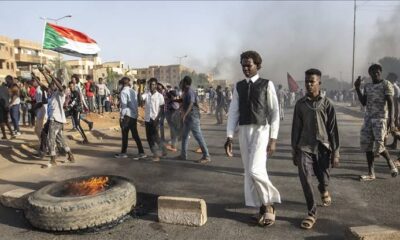
 Politics1 day ago
Politics1 day ago
 VenturesNow1 day ago
VenturesNow1 day ago
